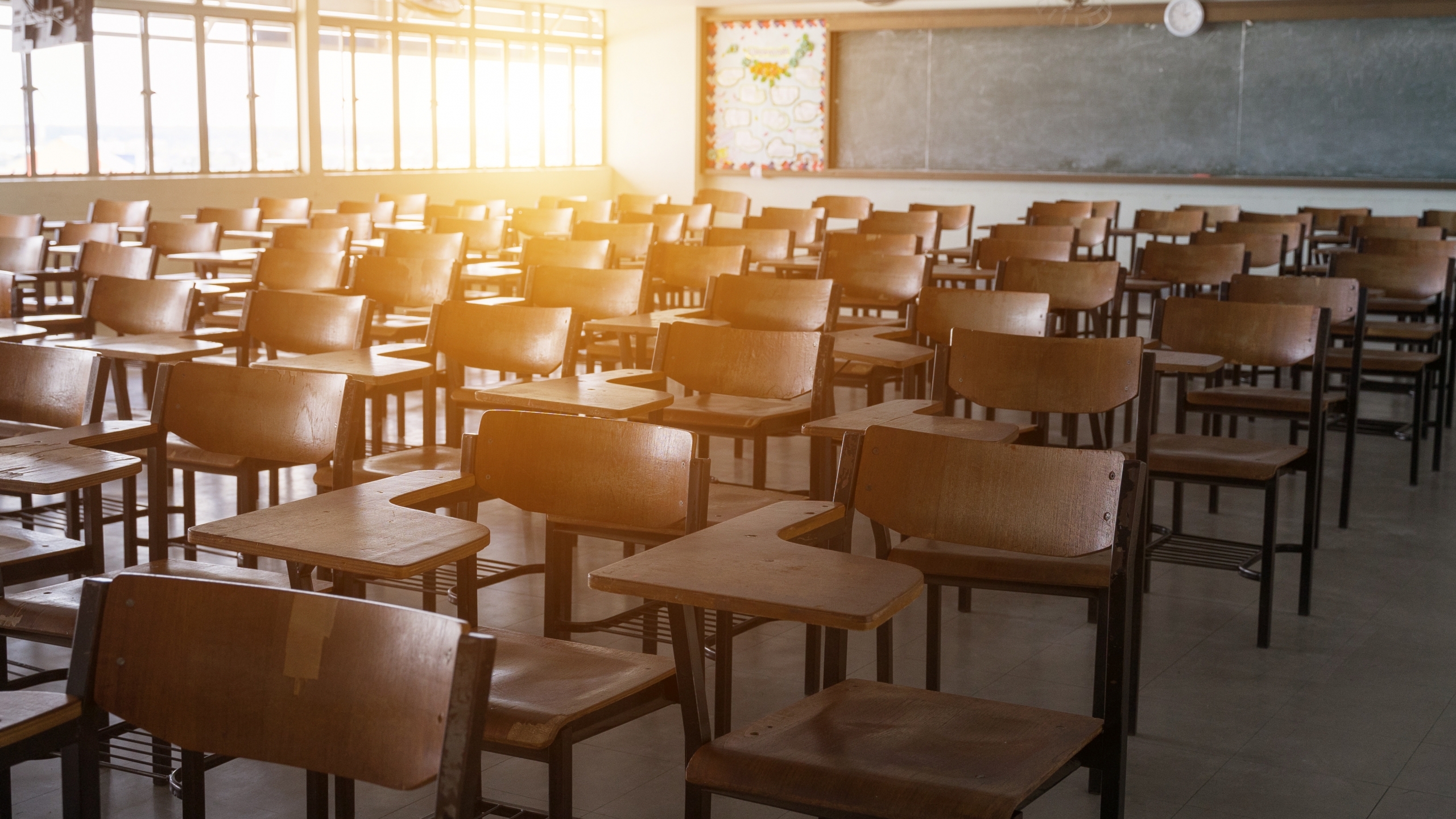The amount of Alabama high school graduates assigned to remedial courses during their first year of college continues to decline, according to a recent study by the Public Affairs Research Council of Alabama
The amount of students assigned remedial classes — non-credit university classes covering subjects students should have been taught during High school — has remained on a steady decline statewide since 2015. As of 2019, 24 percent of graduates are in need of remediation at the university level, compared to 32 percent in 2013, according to the study.
By subject, assigned remedial math in colleges declined from 26 percent in 2013 to 20 percent in 2019. Likewise, assigned remedial English in universities declined from 17 percent in 2013 to 11 percent in 2019.
While rates of remediation for students are on an average decline, students enrolled in remedial classes at four-year universities slightly increased. Some 2,210 students enrolled in remedial classes in 2019, compared to the 2,131 students in 2018 and 1,719 students in 2017.
Two-year institutions have fared significantly better, with a roughly 15 percent drop in assigned remedial classes for first-year students in 2019, ascribed to change in policy at community colleges that favors tutoring alongside college-level courses, as opposed to remedial courses.
PARCA identifies three leading factors driving this decline in remediation: Two-year colleges prescribing tutoring combined with introductory college classes, better student preparedness in K-12 schools and the recent decline in college-going rates due to high job availability.
“Remediation is needed for students enrolling with a major gap in their readiness for college,” said Tom Spencer, senior research associate at PARCA and author of the study. “Given the open admissions policy in the two-year system and for some four-year colleges, remedial courses continue to play a role in higher education. For others who need some help rising to the level of college coursework, it benefits students and schools to provide alternatives to remediation. The most straightforward solution is to improve preparation in high school, and those efforts should continue.”















































